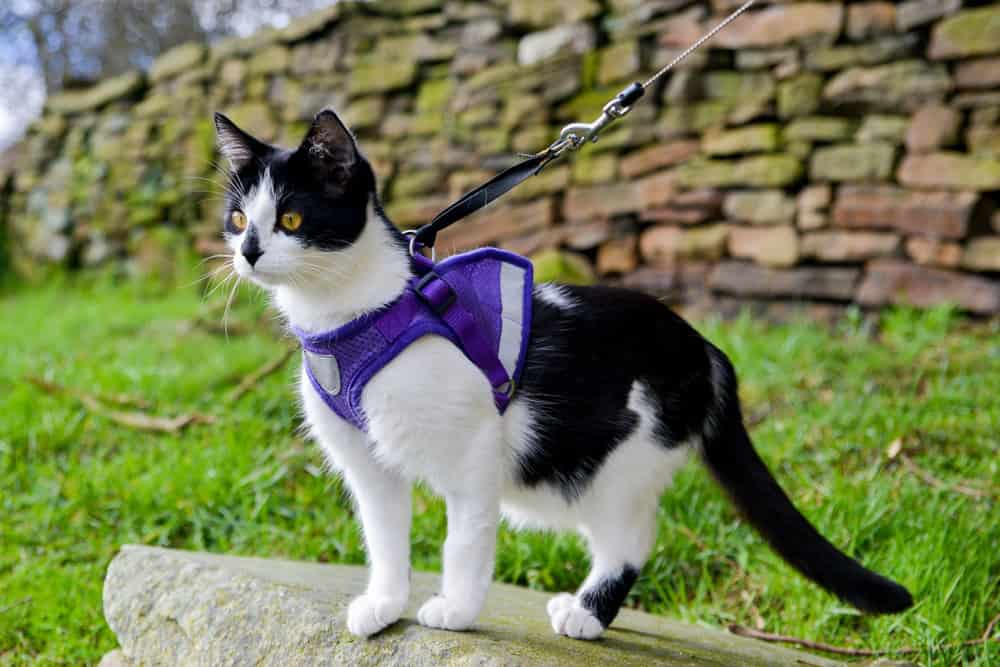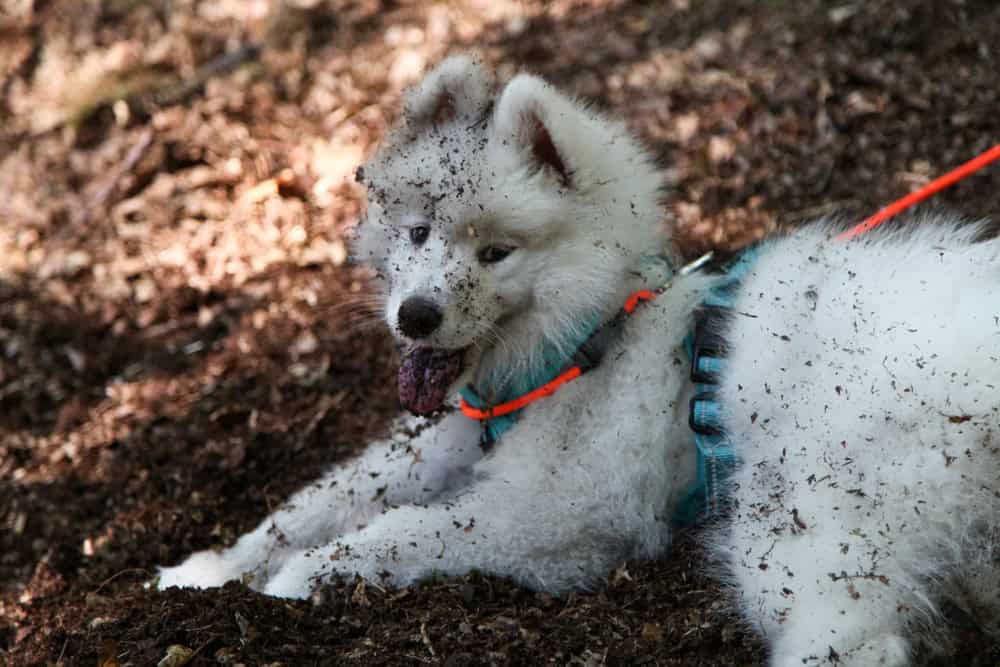Most pets love to be outdoors, especially during warm weather, and one thing that seems to attract them is digging in, lying on, or sniffing around the dirt. While dirt may seem harmless, it poses significant health risks to your pet. From parasite eggs and harmful bacteria to potentially dangerous fungal spores and viruses, the seemingly innocuous dirt in our surroundings harbors many threats to your furry friend’s well-being. Our Aberdeen Veterinary Clinic team describes the hidden dangers lurking in the dirt and how you can protect your pet’s health.
Dirt dangers that affect pet
Dirt contains several dangers that can harm your pet’s health. Dirt hosts the following hazards that can cause your pet to contract severe disease:
- Parasite eggs — Parasite eggs in dirt are dangerous for pets because they can cause disease and various health issues. When a pet plays in contaminated soil, they can ingest or come in contact with parasite eggs, which then hatch and develop into harmful parasites within their body. These parasites can cause gastrointestinal (GI) problems, malnutrition, anemia, and, in severe cases, organ damage. Additionally, some parasites can be transmitted to people, posing a risk to your health. Dog feces is a primary soil contaminant, so ensure you promptly pick up your dog’s waste and dispose of it safely.
- Bacteria — Healthy soil is teeming with bacteria, some of which are beneficial. However, many bacteria can cause serious infections in cats and dogs. Harmful bacteria in soil can include E. coli, salmonella, and clostridium. If your pet comes into contact with contaminated soil, these bacteria can cause GI problems, skin irritations, and painful infections.
Leptospirosis is a bacterial disease your pet can contract by ingesting or coming in contact with an infected animal’s urine. Mice, rats, cattle, pigs, and other dogs can carry this bacteria, which they shed in their urine. These bacteria can survive in soil or water for weeks or months. In addition to the problems this infectious disease causes for dogs, leptospirosis is zoonotic and can infect people too.
- Fungal spores — Fungal spores in dirt threaten a pet’s health. If your furry pal inhales these spores, they can develop various respiratory issues. Some fungal spores can also lead to skin infections if they come into contact with a pet’s skin. In addition, certain fungal spore types in dirt can be toxic if a pet ingests them, leading to GI problems and other health issues. These spores thrive in damp or humid environments.
- Sharp objects — Sharp objects in dirt pose a significant danger to pets as these items can injure your furry pal’s paws, nose, and mouth. Items, such as broken glass, metal shards, or sharp rocks, can easily go unnoticed and lead to cuts, punctures, or wounds if your pet is playing or digging in the soil. Ensure you regularly inspect your yard and remove sharp objects that could harm your pet.
- Toxic substances — Dirt often harbors poisonous substances that pose serious health risks to pets. Toxic substances, such as pesticides, fertilizers, and lawn chemicals, are often present in soil and can be harmful if your pet ingests them or absorbs the poisons through their skin. These substances can lead to various health issues in pets, including GI problems, skin irritations, and serious conditions such as poisoning. Keep your pet away from areas that have been treated with chemicals and promptly clean dirt or residue from your pet’s fur and paws after they have been outdoors.
Protect your pet from hazardous soil

Proactive care and awareness go a long way toward protecting your pet from soil’s dangers. To keep your pet safe from hazards in dirt, follow these tips:
- Groom your pet regularly — Bathe and groom your pet regularly, especially after they have been outdoors. Inspect their paws and fur for dirt and debris, and brush their coat daily to remove dirt.
- Keep wildlife out of your yard — Wild animals often harbor parasites and diseases that can live in the soil for years. Take measures to keep wildlife out of your yard. Check fencing, clear brush, and avoid leaving pet food outside where it can attract wildlife. Designate areas in your yard where your pet can play safely.
- Supervise and train your pet — Always supervise your pet when they are outdoors to prevent them from ingesting harmful substances, and train your pet to stay away from potentially hazardous areas.
To prevent your pet from playing in dangerous soil, implement the proactive measures we recommend here. By following these tips, you can ensure that your pet can continue to explore and play in the great outdoors while staying healthy and happy. If you have any questions about the dangers dirt poses to pets, contact our Aberdeen Veterinary Clinic team.

